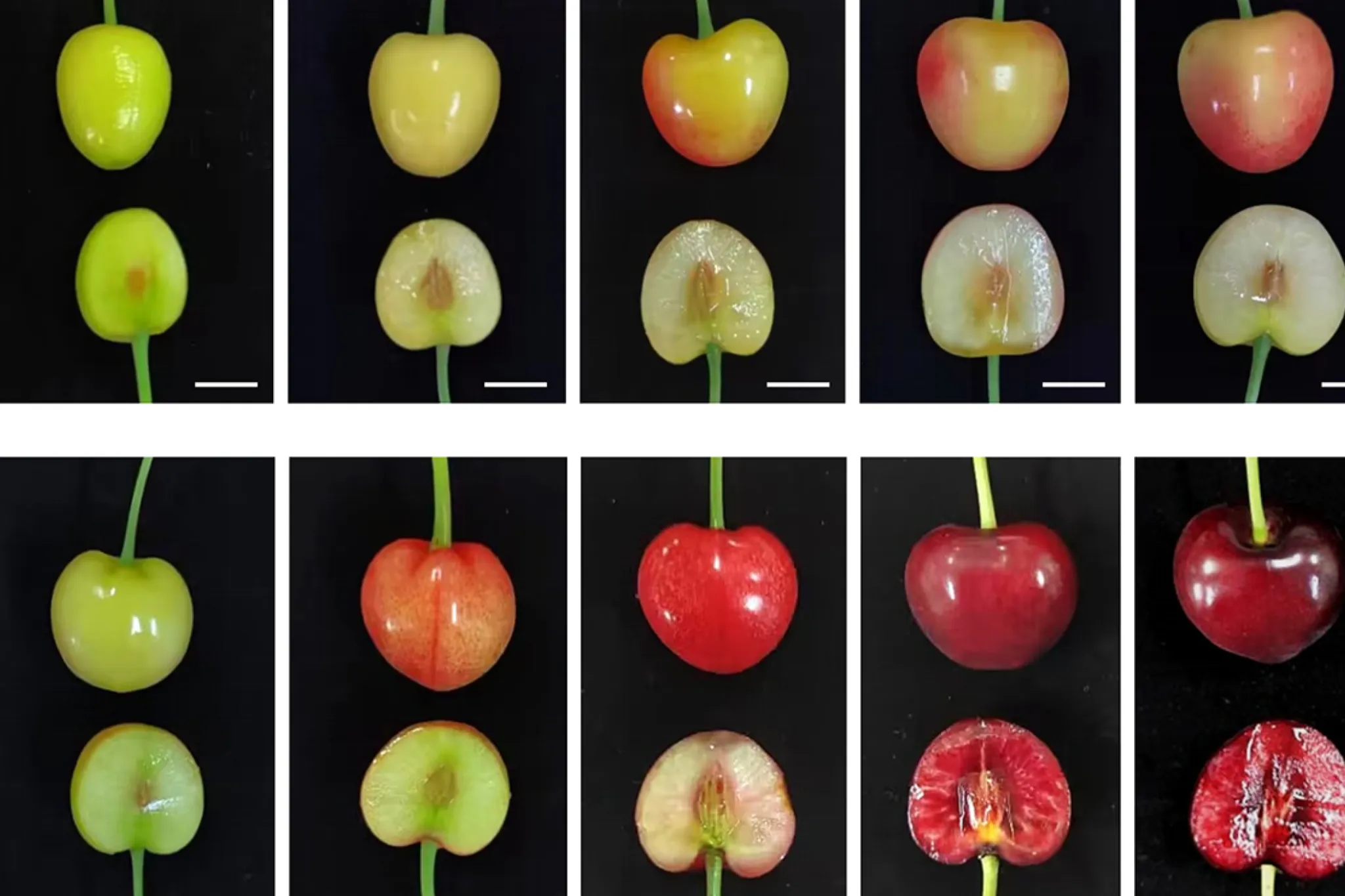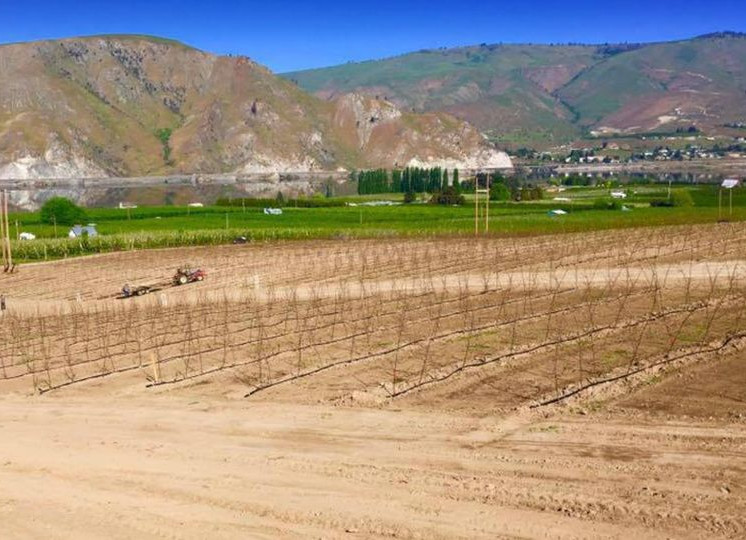A groundbreaking study published in Horticulture Research in September 2023 offers hope for the decline of sweet cherry production in France. The application of genome-wide association studies (GWAS) with multi-local models and three reference genomes marked a significant advance in cherry breeding research. GWAS identified 65 unique SNP-trait associations in eight traits, identifying several candidate genes involved in critical metabolic pathways.
The research uses genotyping by sequencing (GBS) to identify genetic markers associated with improved fruit quality. The researchers analysed 23 agronomic fruit quality traits over several years, using a collection of 116 sweet cherry accessions. This meticulous study revealed significant phenotypic variation in fruit quality, highlighting the complex genetic architecture influencing these traits.
Through the use of GBS, an innovative approach for high-density SNP analysis, the team precisely explored the genetic landscape of sweet cherries. This facilitated the identification of key associations between SNPs and traits, providing valuable information on the genetic basis of desirable fruit traits.
The results not only improve the understanding of genetic control of fruit quality in sweet cherries but also pave the way for the development of marker-assisted selection strategies. These techniques promise to accelerate breeding efforts by adapting them to consumer preferences and producers' needs in the face of climate change.
The research underlines the potential of genetics to mitigate the impacts of climate change on sweet cherry production. As global temperatures rise, cherry trees face increasing biological and environmental pressures, and the identification of genetic markers is a key step in the development of resistant varieties.
This study contributes significantly to horticultural science, illuminating the genetic basis of sweet cherry fruit quality and offering hope to growers and researchers. In a context of climate change, genetic research becomes crucial to ensure the sustainability of cherry production for future generations.
Read the full article: BNN Breaking
Cherry Times - All rights reserved










